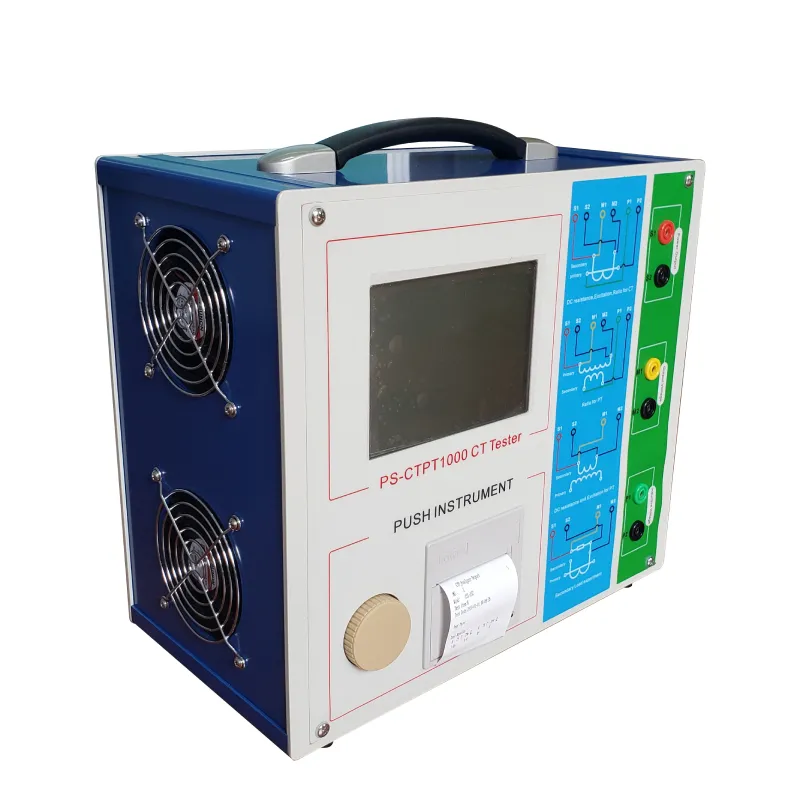 English
English



-
 Afrikaans
Afrikaans -
 Albanian
Albanian -
 Amharic
Amharic -
 Arabic
Arabic -
 Armenian
Armenian -
 Azerbaijani
Azerbaijani -
 Basque
Basque -
 Belarusian
Belarusian -
 Bengali
Bengali -
 Bosnian
Bosnian -
 Bulgarian
Bulgarian -
 Catalan
Catalan -
 Cebuano
Cebuano -
 China
China -
 China (Taiwan)
China (Taiwan) -
 Corsican
Corsican -
 Croatian
Croatian -
 Czech
Czech -
 Danish
Danish -
 Dutch
Dutch -
 English
English -
 Esperanto
Esperanto -
 Estonian
Estonian -
 Finnish
Finnish -
 French
French -
 Frisian
Frisian -
 Galician
Galician -
 Georgian
Georgian -
 German
German -
 Greek
Greek -
 Gujarati
Gujarati -
 Haitian Creole
Haitian Creole -
 hausa
hausa -
 hawaiian
hawaiian -
 Hebrew
Hebrew -
 Hindi
Hindi -
 Miao
Miao -
 Hungarian
Hungarian -
 Icelandic
Icelandic -
 igbo
igbo -
 Indonesian
Indonesian -
 irish
irish -
 Italian
Italian -
 Japanese
Japanese -
 Javanese
Javanese -
 Kannada
Kannada -
 kazakh
kazakh -
 Khmer
Khmer -
 Rwandese
Rwandese -
 Korean
Korean -
 Kurdish
Kurdish -
 Kyrgyz
Kyrgyz -
 Lao
Lao -
 Latin
Latin -
 Latvian
Latvian -
 Lithuanian
Lithuanian -
 Luxembourgish
Luxembourgish -
 Macedonian
Macedonian -
 Malgashi
Malgashi -
 Malay
Malay -
 Malayalam
Malayalam -
 Maltese
Maltese -
 Maori
Maori -
 Marathi
Marathi -
 Mongolian
Mongolian -
 Myanmar
Myanmar -
 Nepali
Nepali -
 Norwegian
Norwegian -
 Norwegian
Norwegian -
 Occitan
Occitan -
 Pashto
Pashto -
 Persian
Persian -
 Polish
Polish -
 Portuguese
Portuguese -
 Punjabi
Punjabi -
 Romanian
Romanian -
 Russian
Russian -
 Samoan
Samoan -
 Scottish Gaelic
Scottish Gaelic -
 Serbian
Serbian -
 Sesotho
Sesotho -
 Shona
Shona -
 Sindhi
Sindhi -
 Sinhala
Sinhala -
 Slovak
Slovak -
 Slovenian
Slovenian -
 Somali
Somali -
 Spanish
Spanish -
 Sundanese
Sundanese -
 Swahili
Swahili -
 Swedish
Swedish -
 Tagalog
Tagalog -
 Tajik
Tajik -
 Tamil
Tamil -
 Tatar
Tatar -
 Telugu
Telugu -
 Thai
Thai -
 Turkish
Turkish -
 Turkmen
Turkmen -
 Ukrainian
Ukrainian -
 Urdu
Urdu -
 Uighur
Uighur -
 Uzbek
Uzbek -
 Vietnamese
Vietnamese -
 Welsh
Welsh -
 Bantu
Bantu -
 Yiddish
Yiddish -
 Yoruba
Yoruba -
 Zulu
Zulu
viscometer
Understanding Viscometers Measuring Fluid Viscosity with Precision
Viscometers are essential instruments in various fields of science and industry, particularly in fluid mechanics, chemical engineering, and materials science. At their core, viscometers measure the viscosity of fluids, a critical property that defines how a fluid flows. Viscosity is essentially a measure of a fluid's resistance to deformation and flow. A high-viscosity fluid, like honey, flows more slowly than a low-viscosity fluid, such as water. Understanding viscosity is crucial for a multitude of applications, ranging from the production of food and beverages to the design of lubricants and industrial chemicals.
There are several different types of viscometers, each designed to measure viscosity under specific conditions and for different types of fluids. The most common types include capillary viscometers, rotational viscometers, and oscillatory viscometers.
1. Capillary Viscometers
Capillary viscometers, often referred to as Ubbelohde or Ostwald viscometers, utilize the principle of fluid flow through a narrow tube (capillary). The time it takes for a fluid to flow through the tube is measured, and this time is directly related to the fluid's viscosity. This type of viscometer is particularly useful for Newtonian fluids—fluids whose viscosity remains constant regardless of the applied shear rate. For instance, water and mineral oil are typically measured using capillary viscometers.
2. Rotational Viscometers
Rotational viscometers measure viscosity by rotating a spindle in a fluid and measuring the torque required to maintain that rotation
. This method allows for the measurement of both Newtonian and non-Newtonian fluids, which exhibit varying viscosity under different shear rates. Non-Newtonian fluids are common in industries such as food processing and cosmetics, where the flow behavior may change depending on the stress applied. Rotational viscometers are popular because they are versatile and can provide a wealth of data about a fluid's rheological properties.viscometer

3. Oscillatory Viscometers
Oscillatory viscometers operate on the principle of applying an oscillatory shear strain to a fluid and measuring the resulting stress. This method is particularly valuable for characterizing complex fluids, including polymers and biological samples, which may demonstrate time-dependent or elastic behavior. Oscillatory viscometers provide insights into the fluid's viscoelastic properties, revealing how it behaves under different conditions.
Applications and Importance
The applications of viscometers are extensive. In the food industry, viscosity plays a crucial role in determining textures and mouthfeel. For example, sauces, dressings, and dairy products need to have specific viscosity to ensure consistency and stability. In pharmaceuticals, accurate viscosity measurements can influence drug formulation and delivery; for instance, injectable solutions must have a viscosity that allows them to be easily administered while ensuring proper dosage.
In the oil and gas industry, viscosity measurements are essential for characterizing crude oils and refining processes. The viscosity of petroleum products affects pumpability and flow rates in pipelines, which can significantly impact production efficiency and safety. Furthermore, in the automotive industry, the viscosity of lubricants is critical for reducing friction in engines and transmission systems, enhancing performance and longevity.
Conclusion
In summary, viscometers are vital tools in measuring the viscosity of fluids, impacting various industries by enabling precise control over product formulation and quality. As technology continues to advance, the design and functionality of viscometers are improving, allowing for faster, more accurate viscosity measurements. Understanding viscosity and its implications not only promotes innovation in product development but also enhances the safety and efficiency of industrial processes. Whether in a laboratory or an industrial setting, viscometers play a crucial role in the ongoing quest for excellence in fluid management.
-
Testing Equipment Industry Sees Major Advancements in 2025: Smart & Precision Technologies Lead the WayNewsJun.06,2025
-
Applications of Direct Current Generators in Renewable Energy SystemsNewsJun.05,2025
-
Hipot Tester Calibration and Accuracy GuidelinesNewsJun.05,2025
-
Digital Circuit Breaker Analyzer Features and BenefitsNewsJun.05,2025
-
Benefits of Real-Time Power Quality Monitoring Devices for Industrial EfficiencyNewsJun.05,2025
-
Earth Fault Loop Testing in High-Rise Building Electrical SystemsNewsJun.05,2025



